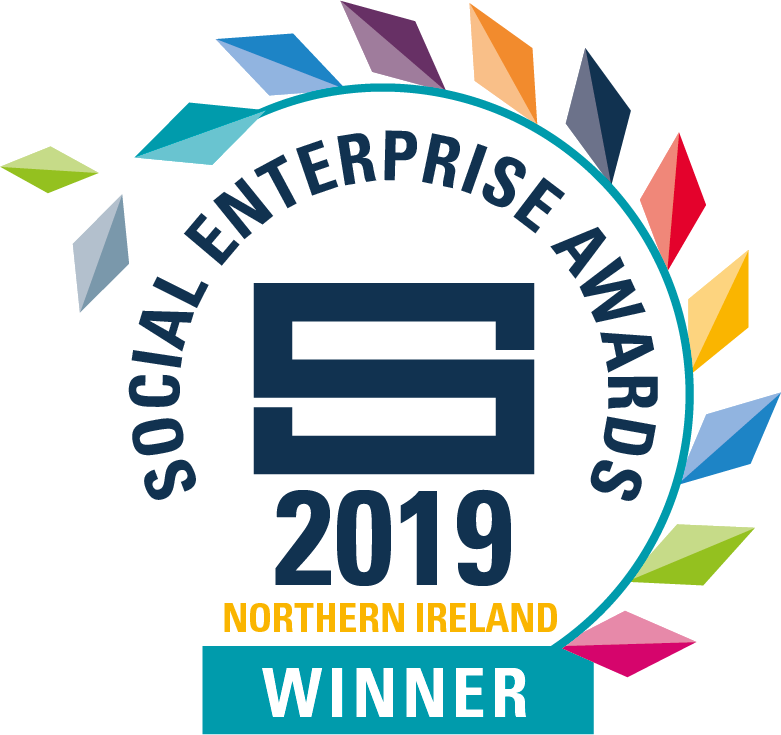Mental Health – what’s in it for the employer?
Is the thought of investing in the mental health of your staff in the middle of economic uncertainty making you pause? If so, casting a glance at the latest statistics should help you decide. In January 2020, before the pandemic hit, Deloitte published a report that made us all sit up and listen. They estimated that the cost to business of poor mental health within the workforce cost employers up to £45 billion per year.
Whether it’s loss of days due to absenteeism, presenteeism or job retention, the scale of the issue can no longer be ignored. In a post-pandemic world, we are rushing headlong into a tsunami of need for services and support to address the wellbeing of all staff.
The Good News
Analysis from ‘Mental health and employers: the case for refreshing investment’ also looks at how employers can tackle this problem. It shows that higher return on investment can be achieved by early interventions, such as organisation-wide culture change and education, than more in-depth support that may be needed at a later stage when a person is struggling.
For every £1 spent by employers on mental health interventions they get £5 back in reduced absence, presenteeism and staff turnover.
What you need to know
Our research here at The hummingbird Project shows that up to 78% of employees took time off work for a mental health reason in 2019 but did not disclose this to their employer – preferring instead to attribute it to a physical ailment or dealing with family issues.
Healthcare provider Benenden Health released a report in 2020, detailing some of these issues. ‘The Elephant that never left the Room’ captures the core issue facing employers.
Employers are asking employees to talk about their mental wellbeing to managers, yet evidence suggests that employees are not wanting to do that. More than half of employees don’t feel their mental wellbeing is a priority, or sufficiently cared for by the employer, yet more than half of employers state that mental wellbeing is a key priority for them. It seems that the greatest area to be worked on is honesty or, to get to the heart of the matter, being comfortable.
Only when employers do that can they genuinely work on a culture that is open, inclusive and understanding of mental wellbeing, from the top down.
Solutions?
But there is a way forward. Here at the Hummingbird Project, we use our lived experience (LEx) alongside our learned and practiced training. The use of LEx directly cuts through the stigma associated with mental health and connects authentically with participants.
Our clients tell us that it is this approach combined with our unique 3U-Model© that makes the difference. Whether we are working to deliver a resilience course to a group of construction workers or 1-2-1 support to a burnt out executive, we create real change in the lives of our participants.
Invest in your staff now and see the return in investment
Our suite of products are co-designed with people who live the issues of mental health everyday. They are completely adaptable whatever the setting and whoever wants to participate.
1-2-1 Recovery Mentoring
These sessions provide one-to-one, person-centred recovery & resilience skills, tailored for the individual’s emotional health.
Learn moreEmployee Support Voucher Scheme
Show support to your employees by making available our employee support vouchers – allowing them to access help when needed most.
Learn moreGroup Resilience Skills Training
We provide endorsed and accredited resilience courses to all sectors – which upskill and build capacity for staff and clients.
Learn moreOnline Resilience Forum
This support forum up-skills its participants to understand emotional wellbeing and build resilience for their own mental health.
Learn more







